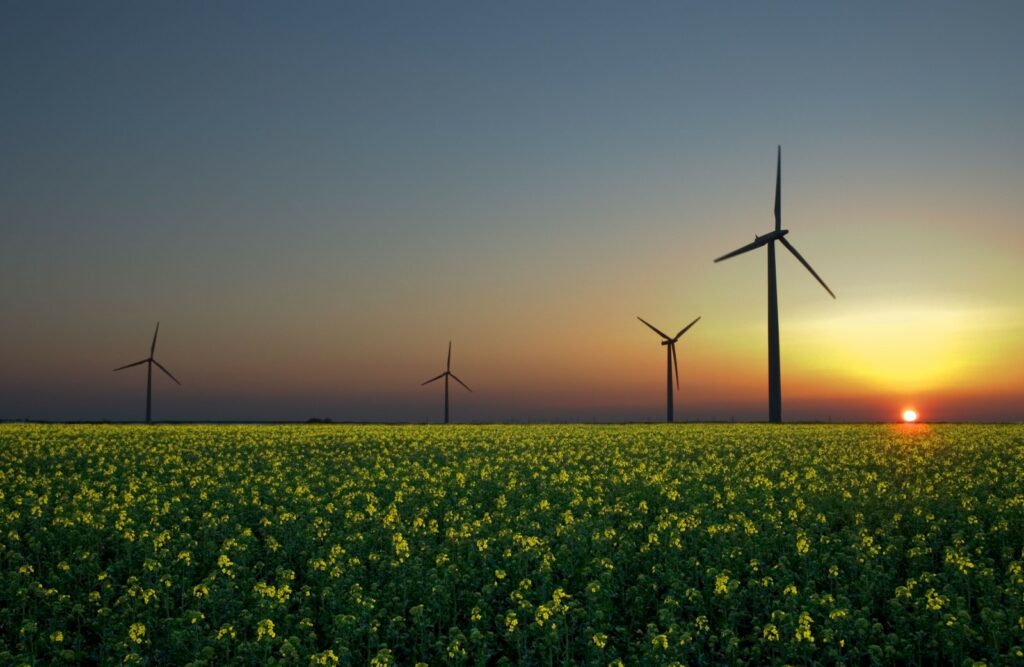Trustees to be responsible for ensuring the Green Investment Bank (GIB) remains permanently required to invest exclusively in green infrastructure projects have been nominated as the institution continues to move closer to privatisation.
A ‘special share’ was announced by the government earlier this year after concerns were raised across industry and the political landscape following the decision to repeal the legislation governing the GIB’s green agenda.
A new organisation called the Green Purposes Company will hold the share, which will give special voting powers to ensure that bank remains permanently under a legally enforceable obligation to invest exclusively in accordance with its green purposes, as currently set out in the objects of its Articles of Association.
An independent nominations committee has put forward the final list of nominated trustees to take control of the Green Purposes Company.
The committee will include Lord Teverson, who first introduced the idea of “green guardians” for a privatised GIB as an amendment to the Enterprise Bill in December 2015.
He has been joined on the shortlist by James Curran, former CEO of the Scottish Environment Protection Agency (SEPA) and currently a non-executive member of the Scottish Government’s Climate Change Delivery Board; Trevor Hutchings, a former civil servant at the now defunct Department of Energy and Climate Change; and Peter Young, founding director and former Chair of Aldersgate Group.
Tushita Ranchen, considered to be an experienced green infrastructure investor, has also been nominated. Ranchen is the former managing director of Masdar PV, a subsidiary of renewable energy company Masdar, and board member of London Array offshore wind farm.
The nominated trustees will be formally appointed to their role when ownership of GIB is transferred from the UK government to a new owner, at which point the special share will be issued.
Australian investment group Macquarie is thought to be the frontrunner in the privatisation of the GIB expected to be worth around £2 billion.






